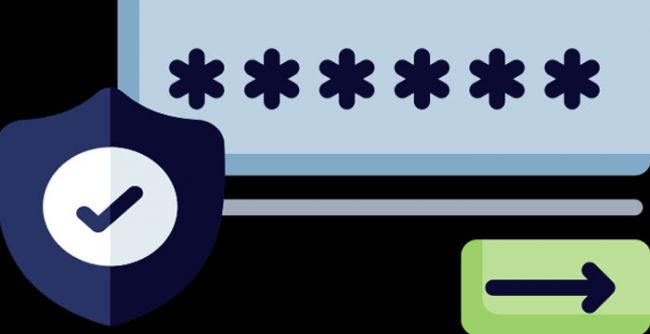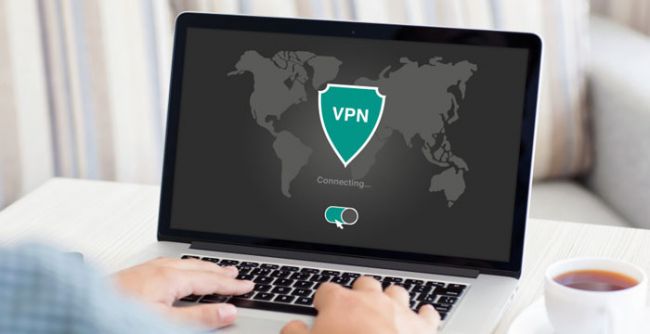Over the years, the way we work has changed dramatically. From the steam-powered machines of the Industrial Revolution to the rise of the Internet, each technological advancement has transformed industries and created new opportunities. Today, we’re living through another major shift, one driven by artificial intelligence (AI).
AI is quickly becoming a core part of modern business. It's not just about robots or futuristic gadgets anymore. From customer service to data analysis and even creative fields like content generation and design, AI is weaving itself into our everyday work. While this new wave of automation and innovation brings exciting possibilities, it also raises questions about job security, required skills, and what the future of work will actually look like.

As businesses adopt AI at a growing pace, workers across industries are being called to adapt. That doesn't just mean learning how to use new tools. It means understanding how to work alongside intelligent systems and, in many cases, developing entirely new skill sets. For those who are willing to learn and evolve, this is a moment full of opportunity.
Meeting the Moment: Education and Training for the AI Economy
As AI becomes more integrated into the workplace, there’s a growing demand for professionals who understand how it works and how to use it effectively. Employers aren’t just looking for engineers or developers. They need project managers, analysts, consultants, and leaders who can apply AI thinking across industries.
That’s why many people are choosing to further their education through the best masters in AI programs, which offer both theoretical knowledge and hands-on experience in areas like machine learning, neural networks, natural language processing, and ethical AI practices. These programs are designed for learners from various backgrounds and often include flexible online formats that make it easier for working professionals to upskill without pausing their careers. By blending computer science fundamentals with real-world applications, they help students develop the technical and strategic abilities needed to thrive in an AI-driven economy.
Whether you're looking to break into the tech world or bring advanced AI knowledge into your current field, the right educational path can open doors and prepare you for meaningful roles in this new job landscape.
How AI Is Changing the Way We Work
One of the biggest ways AI is transforming the workforce is through automation. Repetitive tasks that require hours, like data entry, scheduling, or customer support, can now be handled in seconds with the help of smart algorithms and virtual assistants. It not only improves efficiency but also frees up time for employees to focus on more strategic, creative, or human-centered work.
But AI isn’t just about cutting down on manual tasks. It also powers tools that help people do their jobs better. Think about predictive analytics that guides business decisions, chatbots that streamline communication, or AI-powered design tools that assist with visual content. These innovations are enhancing productivity and decision-making across industries, from healthcare and finance to retail and education.
Instead of replacing people, many of these technologies are helping them become more effective. The key is learning how to leverage these tools to complement your work—not compete with them.
Jobs Lost, Jobs Gained: The Real Story of AI and Employment
There's been a lot of talk about AI "taking over" jobs, and while it's true that automation will replace certain roles, the bigger picture is more complex. History shows that technology doesn’t just eliminate work. It transforms it.
As AI handles more repetitive tasks, new roles are being created in response. Positions like AI product managers, data ethicists, prompt engineers, and AI implementation specialists didn’t exist a decade ago, but they’re now in high demand. At the same time, traditional roles are evolving. Marketers now use AI tools for campaign optimization. HR professionals use machine learning to improve hiring processes. Even educators are using AI to personalize learning experiences for students.
The workforce isn’t shrinking. It’s shifting. And those who adapt to the change by learning new skills will find themselves ahead of the curve. For example, applicants are increasingly using Rezi, an AI-powered tool, to craft high-quality, tailored resumes that stand out in a competitive job market.
The Rise of Human-AI Collaboration
One of the most exciting developments in the workforce is the increasing collaboration between humans and AI. Rather than replacing human skills, AI is often most powerful when it works alongside people.
For example, a doctor might use an AI system to analyze X-rays faster and more accurately, but it’s still the doctor who interprets the results and makes the final decision. In journalism, AI can help summarize large datasets or generate first drafts, but human writers shape the narrative and bring depth to the story. In customer service, chatbots handle quick questions, while human agents manage complex interactions.
This partnership between humans and machines is creating a new kind of teamwork—one that values both the speed and accuracy of AI and the creativity, empathy, and judgment of people. Learning how to work with AI tools and understanding when to rely on human intuition will be essential for career success moving forward.
Building Ethical, Responsible AI Systems
As AI continues to play a larger role in business and society, it brings new ethical questions to the table. How do we prevent bias in algorithms? How do we protect user privacy and data? Who’s accountable when an AI system makes a mistake?
These are questions that every organization must face, not just the tech teams. Business leaders, HR professionals, marketers, and more are now expected to understand the implications of AI and take responsibility for its impact.
Many of today’s AI education programs recognize this need and incorporate ethics into their curricula. Students aren’t just learning how to build models. They’re also learning how to evaluate their fairness, avoid unintended harm, and ensure transparency. As a result, the next generation of professionals will be equipped not only with technical knowledge but also with the awareness to use AI responsibly.
Artificial intelligence isn’t just reshaping the workplace. It’s reshaping how we think about work itself. It’s changing what’s possible, what’s valuable, and what skills matter most. But instead of fearing these changes, we can prepare for them. The key is staying curious, open, and ready to learn.
For individuals, that might mean exploring new tools, seeking out training opportunities, or even enrolling in a formal program to build specialized skills. For businesses, it means investing in people, embracing innovation, and making thoughtful decisions about how AI is used. And for all of us, it means understanding that the future of work will be shaped by those who are ready to lead it.
By taking the time to understand AI, gain the right skills, and approach its use responsibly, you can position yourself not just to survive this transition—but to thrive in it.
Post Comment
Be the first to post comment!
Related Articles

Protect Your Digital Life Without Sacrificing Speed
Apr 16, 2025 . Marketing
